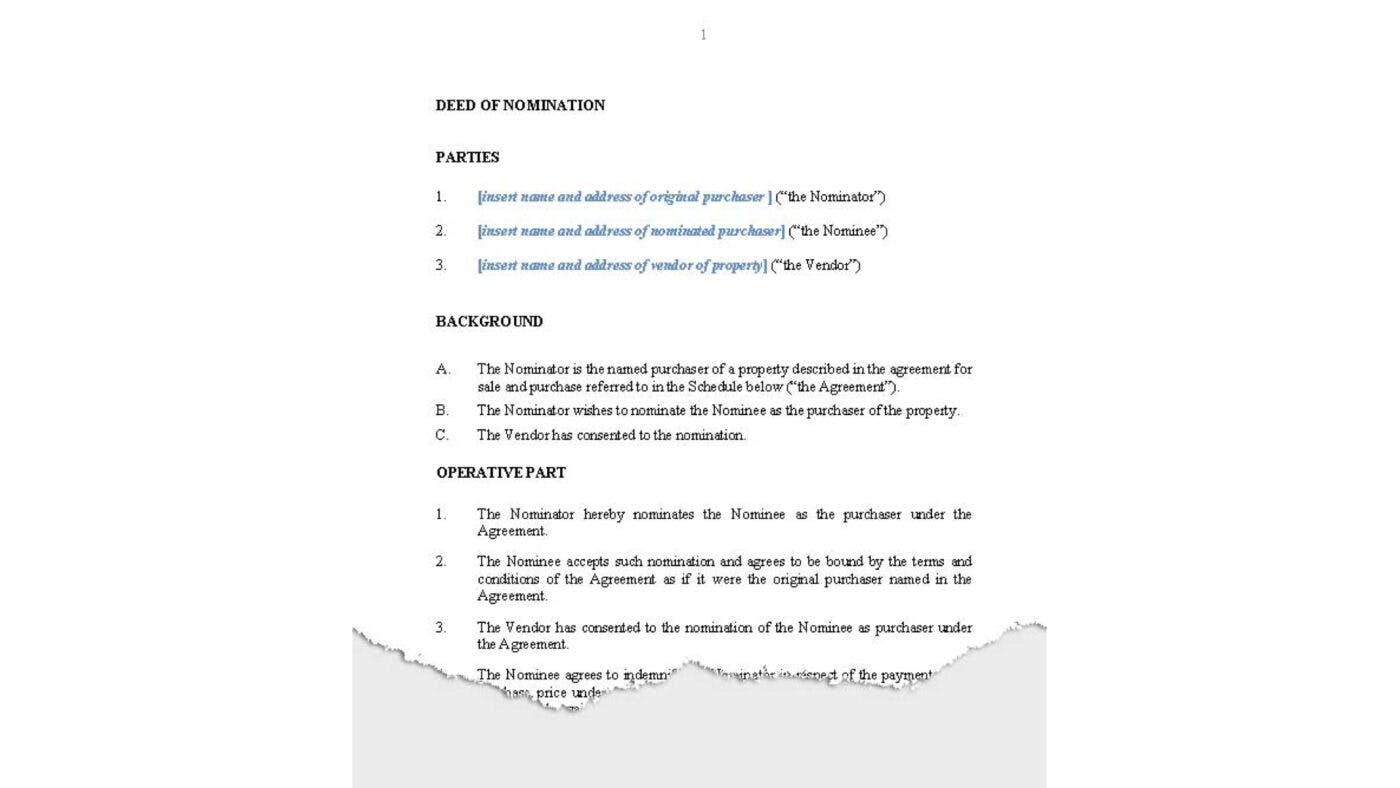Pros and Cons of a Contemporaneous Settlement
The first pro is that you don’t have to get a loan from the bank to pay for the property. Instead, you’ll use someone else’s money.
This can make it an option for people whose financial situation has changed, and who can no longer get finance for the property (just like a nomination).
Like in option #2, if you do a contemporaneous settlement, there is sometimes the ability to sell the property for more than you’ll pay the developer.
This means an investor will sometimes make money if the market has moved upwards since signing the contract.
The other pro is that (unlike a nomination) you don’t have to find someone to sell the property to. Instead, you’ll engage a real estate agent to sell it on your behalf.
However, selling an off-the-plans property isn’t “really” something you would normally do through a real estate agent.
This is because, generally, agents sell existing properties by hosting open homes. And you can’t host an open home for an off-the-plans property (it’s not built yet).
Like in the settle and sell, another con is that the bank will view the property as ‘existing’. That means an investor will need a 35% deposit to buy from you.
That will mean you’ll primarily target first home buyers and other owner occupiers.
And you also need to be able to find a buyer who can pay you the money on the same day that you’re meant to pay the developer.
And you are still on the hook for the original contract if your new buyer doesn’t settle. So there is some risk here too.













